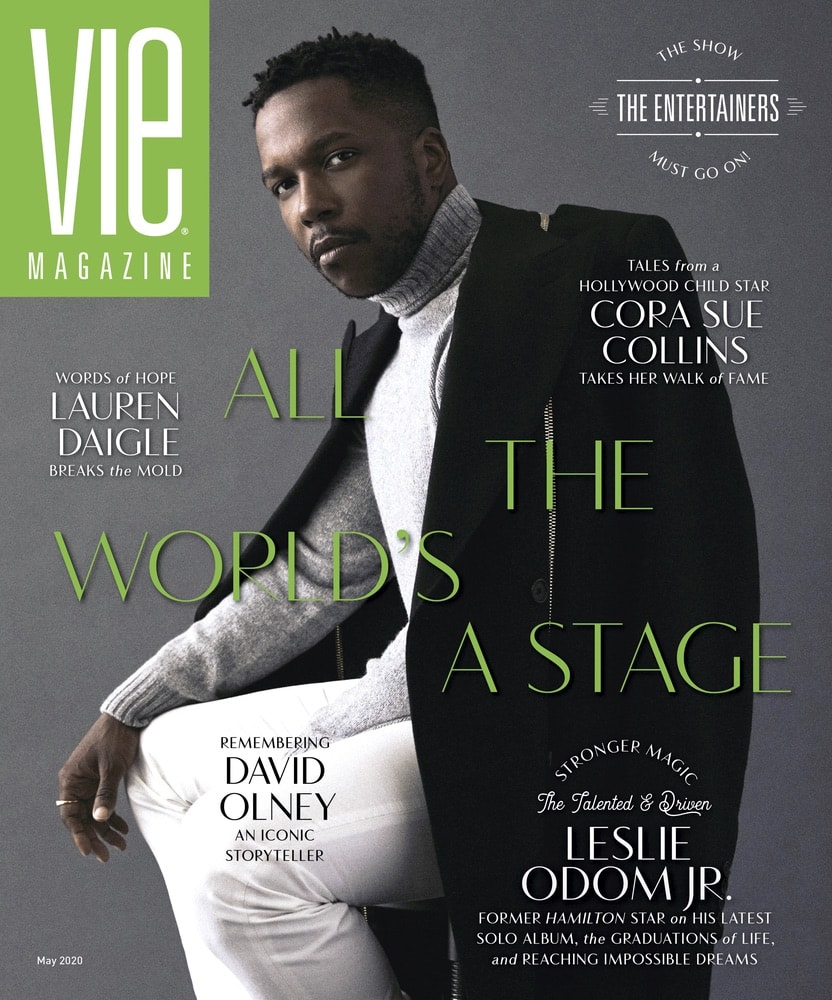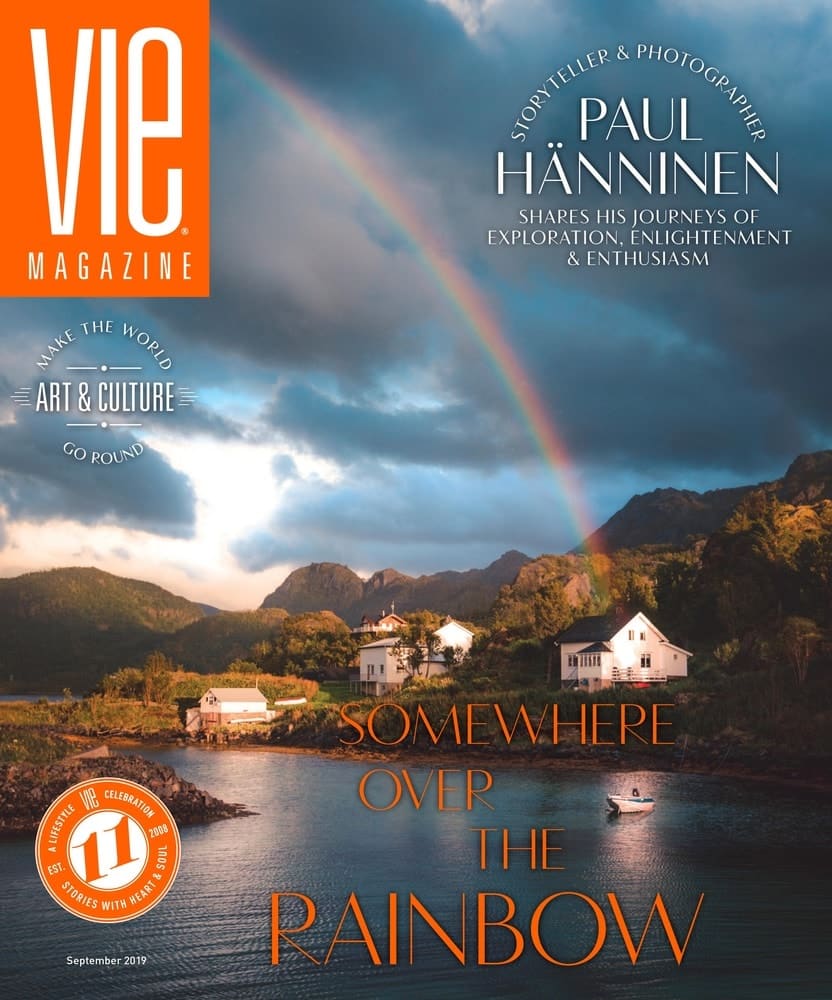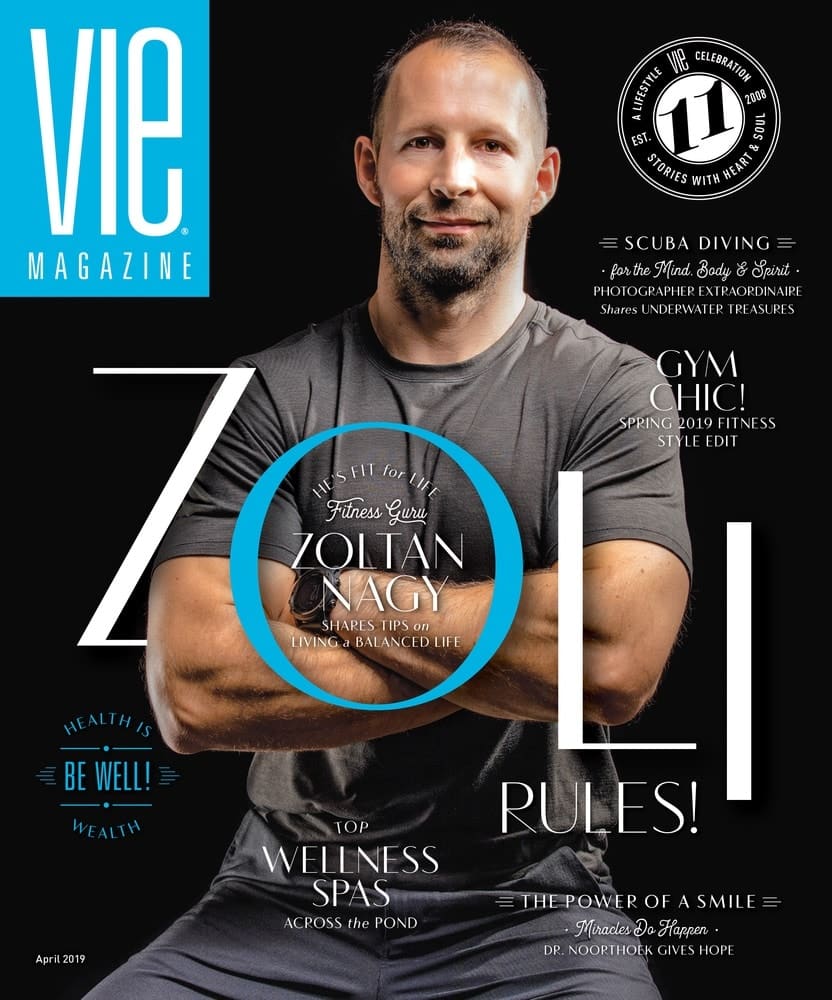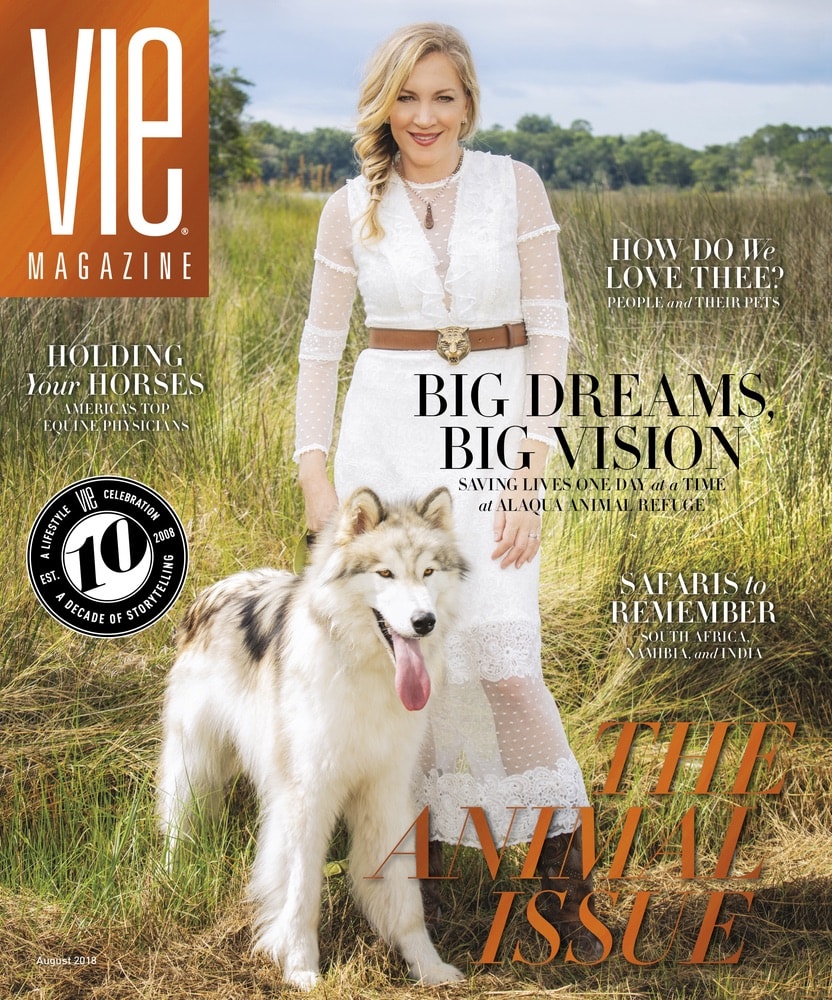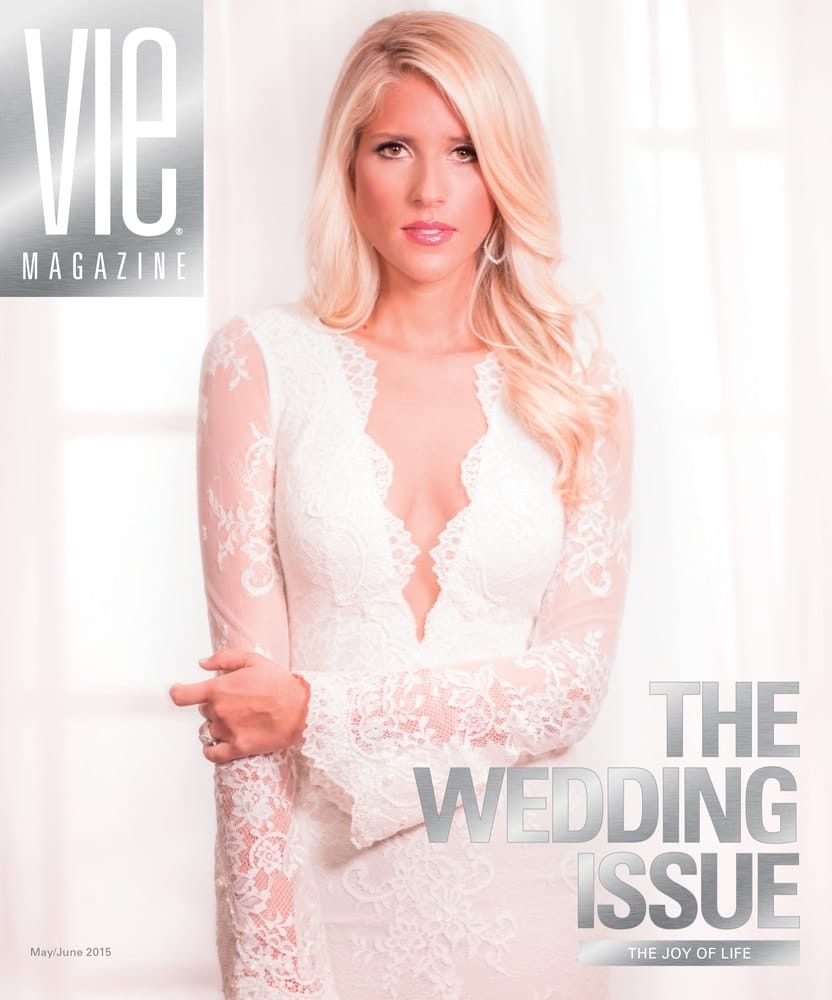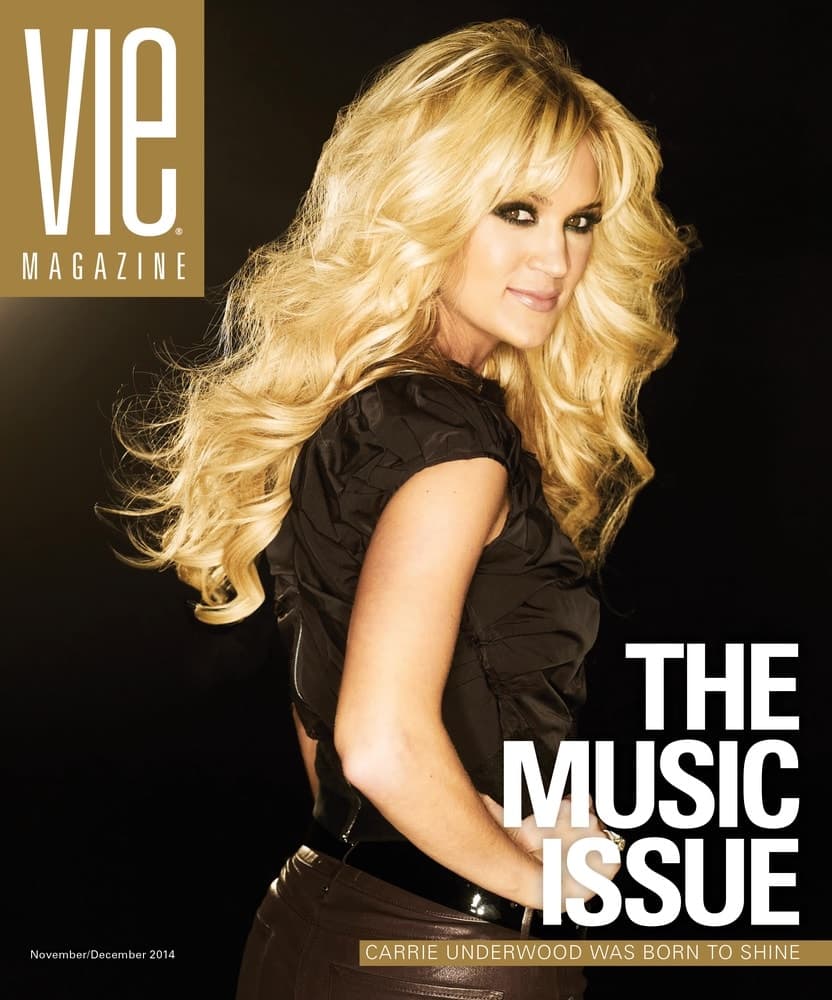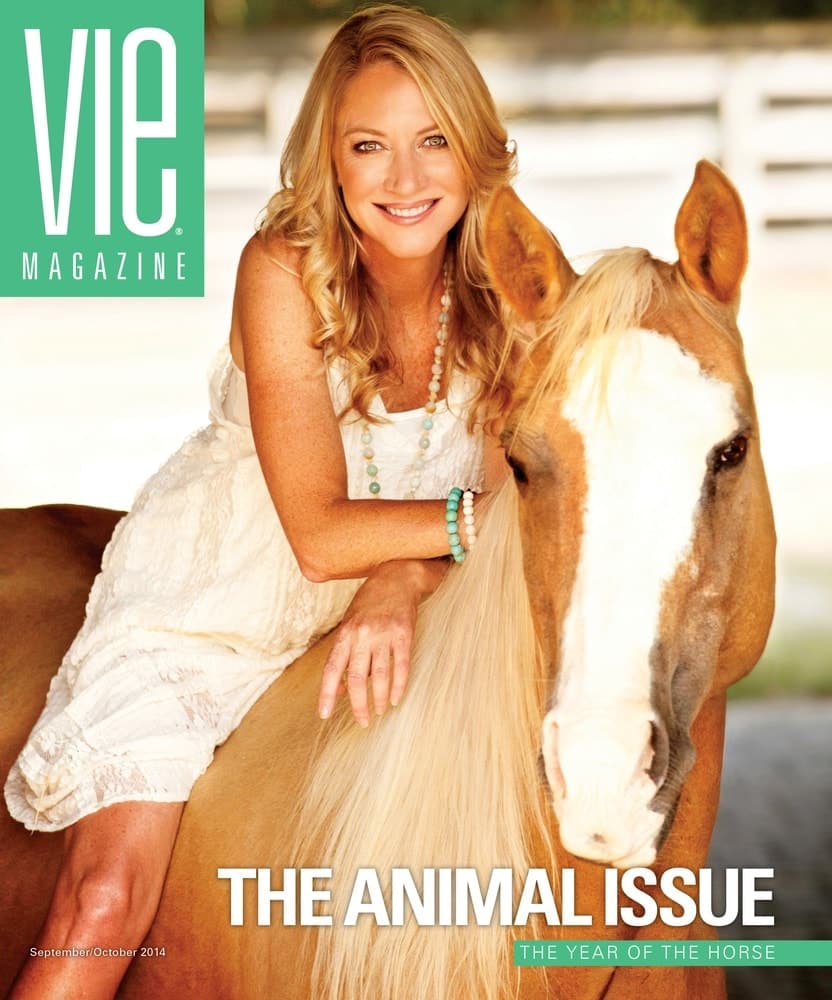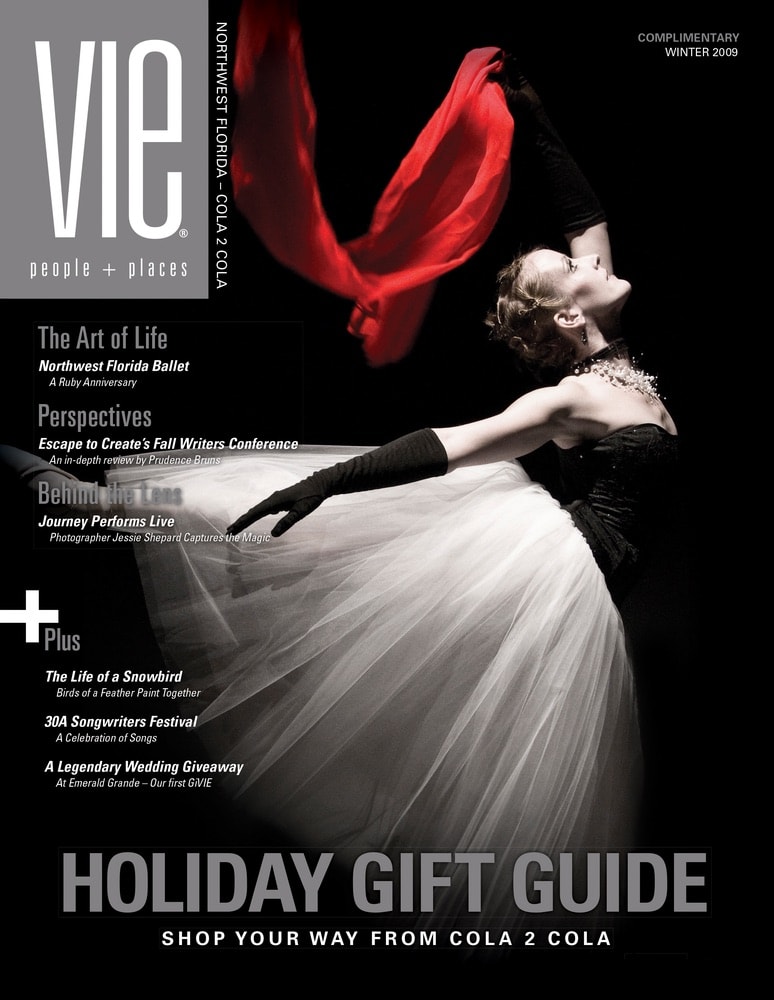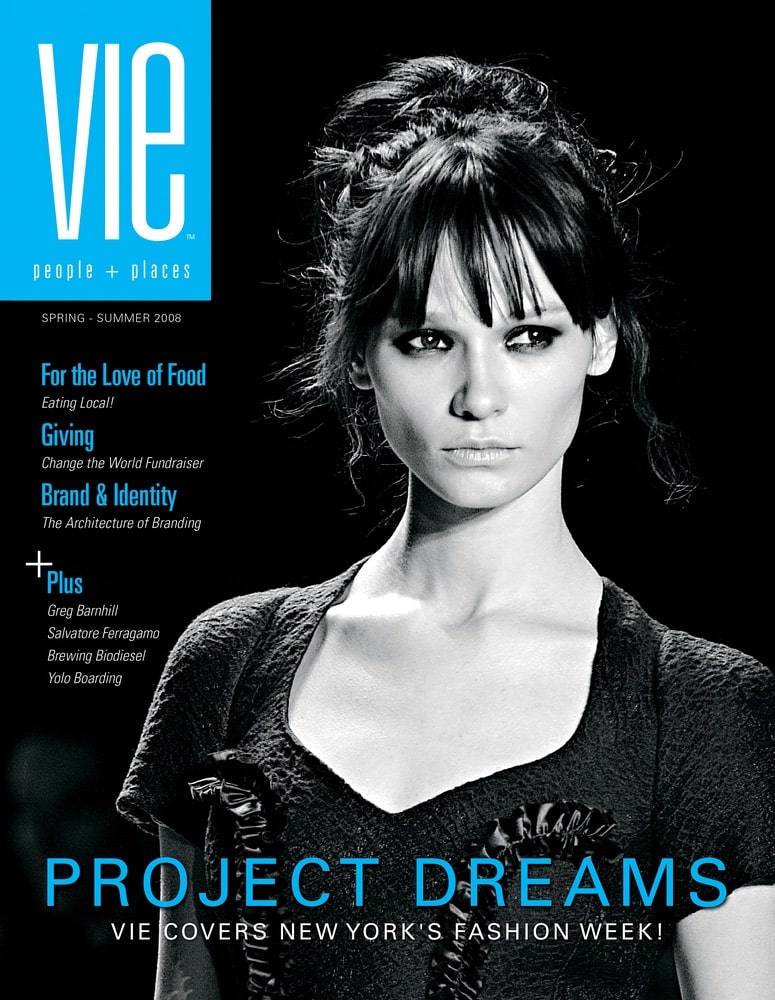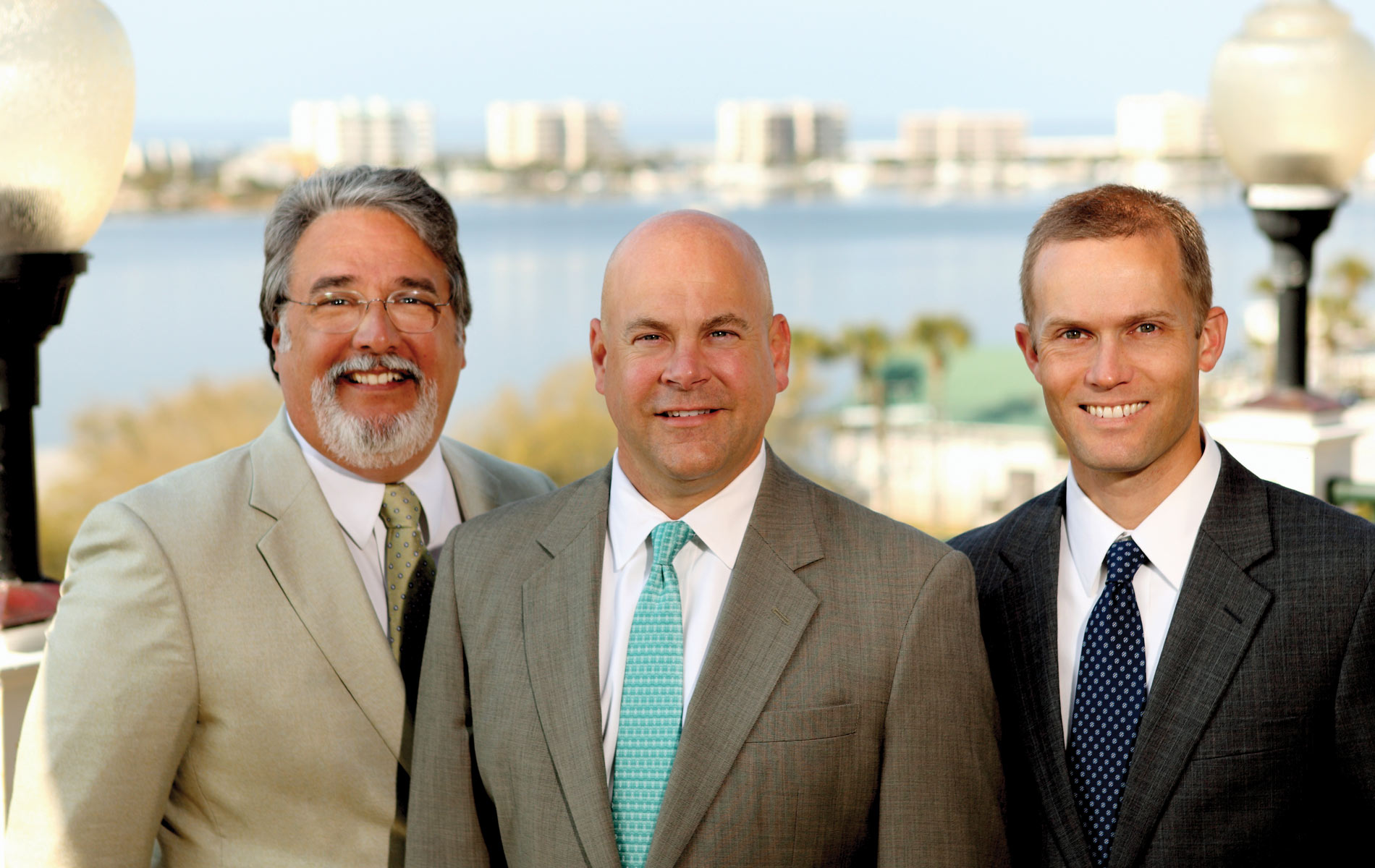
vie-magazine-raymond-james-feature
You can’t know what you don’t know . . . you know?!
By David Waddle, Brian Haugen, and Steve Cann
You’ve worked hard all your life to build a comfortable nest egg. Maybe you were even savvy enough to secure a healthy 401(k) or retirement pension in addition to Social Security. You’ve reached that elusive destination—retirement on the Emerald Coast! Now you look forward to morning walks on the beach or a round of golf with friends. Life is on your terms, so long as you maintain the financial resources that you have built. Now is an excellent time to reconsider whether the strategies that built your wealth are still the best strategies for protecting it. Sure, there was a time in your career that it made sense to dream big and risk big to accomplish something great. So now it might seem odd to adjust your strategy toward that of wealth preservation. We will share our brief perspective on how you might begin to reconstruct and transition your financial philosophy.
Let’s start with a fundamental truth. In our practice as financial advisors, we often warn clients that “We can’t know what we don’t know, and neither can anyone else.” Typically, we are relating this concept to the risks involved with investing in any single stock or bond. What we mean is there is always the possibility that something unimaginable can happen that will render a stock (or bond) either worthless or severely depreciated overnight. And often you can’t see it coming. Hence our warning: you can’t know what you don’t know. To illustrate, we’ll remind clients of events that brought down the likes of Enron and WorldCom or, more recently, crippled BP. These events can happen at any company at any time with little or no warning. The world’s best investors cannot consistently predict these events ahead of time. Yet these developments can wreak instant havoc on your portfolio, your evening dinner plans, or that holiday cruise you were looking forward to.

Carrying this concept a step further, sometimes the unforeseen events—the things we don’t know—can reach much further than just the ownership of a single stock or bond. Some events will damage a large group, or sector, of investments simultaneously. These events might be industry centered, geographically centered, policy induced, or in other ways impactful to a large number of securities. Ten years ago, the events of 9/11 had this type of widespread impact. In a more recent example, the comments of one famed Wall Street analyst during an interview provoked a sharp, indiscriminate selloff of municipal bonds last December.
To further confound this predicament when investing, there’s the perplexing caveat that capital markets and asset prices will sometimes respond exactly opposite to what the headlines would imply. Consider, for instance, the recent protests in the Middle East. Logically, many of Wall Street’s best speculators might have assumed that our Dow Jones Industrial Average would be down in measurable reflection to these events. Yet the Dow saw little selling and even turned higher in short order.
Then there is the truly unexpected, like the recent catastrophe in Japan. The timing and intensity of Japan’s earthquake and subsequent tsunami, not to mention the severity of collateral disruptions to Japan’s nuclear facilities, were well beyond our capacity to forecast with any degree of reliability. Just one day prior to these events, there was no compelling fundamental reason to avoid investments in Japan’s leaders of global industry. Nonetheless, Japan’s Nikkei index suffered severe losses in the earthquake’s aftermath.
As financial advisors, we encourage our clients to consider how their lifestyle might be impacted by these types of unfathomable scenarios and whether it is prudent to pursue concentrated investment strategies. In contrast, we illustrate the virtues of a broadly diversified retirement portfolio that is less likely to suffer large losses on the heels of any single event. The more eggs you have, the more baskets you should find to place them in. That, along with a sound financial plan, provides a logical foundation for continued investment success.
Fortunately, it is not difficult to construct a defensive investment strategy that still pursues your primary objectives of capital preservation, income, or growth. Ideally, your strategy might still include some level of active management that would stand to capitalize on geopolitical or global economic events. Implementing a defensive strategy while maintaining an active element of flexibility to take advantage of opportunities presented by disruptive scenarios may well provide the best path toward keeping your retirement plans on track.
Once you have acknowledged the need to adjust your financial philosophy, you have cleared a critical first hurdle toward preserving your independence. And this knowledge of “what you don’t know” helps you know a little more than you might otherwise have known … you know?
— V —
Past performance does not guarantee future results. There is no assurance these trends will continue. Investing involves risk and you may incur a profit or loss. Diversification does not insure a profit or protect against a loss.
Prepared by David Waddle, Brian Haugen, and Steve Cann of Emerald Coast Wealth Advisors of Raymond James and Associates, which specializes in designing personalized, diversified financial portfolios for high-net-worth investors along the Emerald Coast.
Share This Story!
KEEP UP WITH THE LATEST STORIES FROM VIE
















































